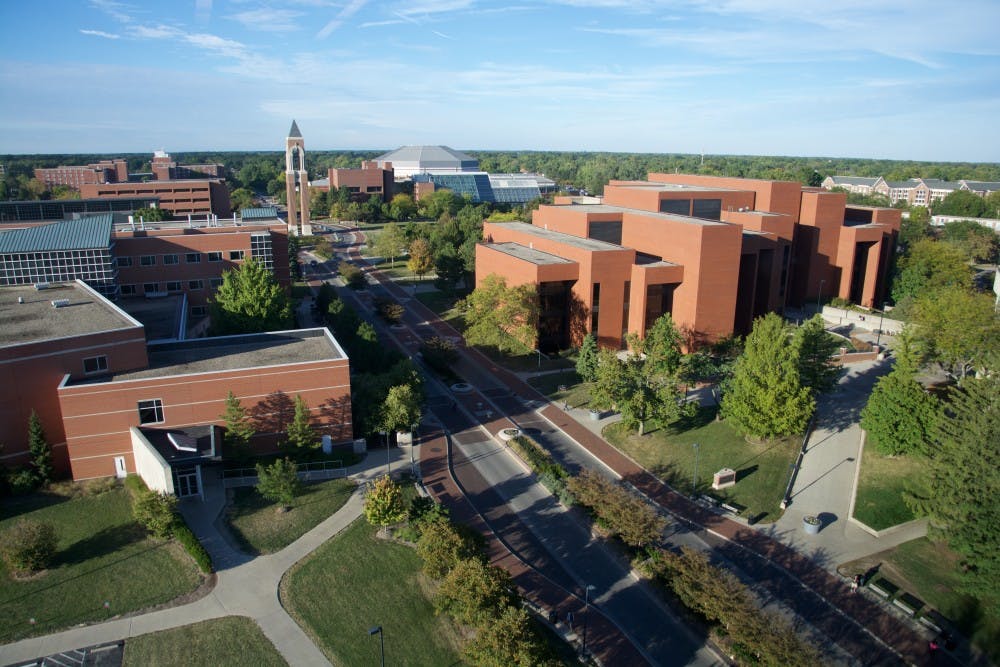Weighing your options:
Taking a gap year is not for everyone, but neither is going directly into university following secondary school. The bottom line is that the decision is ultimately up to you. If you decide to go ahead with it, think long and hard about how you are going to spend your time. Plan well and, above all, make sure that whatever you do, you spend your time productively, thereby helping to ensure a unique contribution to your resume and any future university application.
SOURCE: Options Solutions, educational consultants.
A few months ago, more than a million high school seniors across the country committed to attend college. But is immediately going to school the best thing to do after high school graduation?
To some, like Malia Obama who was accepted to Harvard University, the best option is pursuing a gap year.
A gap year is when a student chooses to take a year off their education before college in order to work, travel, volunteer or explore other interests.
While it’s not common in the United States, taking a gap year between high school and college is actually normal and encouraged in other countries including the United Kingdom and Australia.
In fact, studies from the United States and Australia show students who take a gap year are generally better prepared for and perform better in college than those who do not.
Rather than pulling students back, studies show a gap year pushes students ahead on educational, personal and social levels by preparing them for independence, new responsibilities and environmental changes, which are typically things that first-year students often struggle with the most.
On an educational level, universities are reporting an increase in grade point average, greater engagement in campus life, increased likelihood that students will graduate on time or within four years and, of course, greater clarity with career ambitions, according to the American Gap Association.
Students who take a gap year are 90 percent likely to return to university within one year.
Maggie Sutton, a freshman premed/biology major, decided to take a gap year and said her experiences, so far, back up these studies.
“I took a gap year, and it was the best thing I ever did,” Sutton said.
During her senior year of high school, Sutton applied to colleges but because it was a really hectic time in her life, she didn't really have enough time to really research schools and scholarships.
Because of this, she decided to take a gap year to find out what was right for her.
“I already knew I wanted to go premed, I just hadn't found the college that was right for me, and I really needed some time to recharge,” Sutton said. “I did not even apply to Ball State last year. I applied this year, and was named one of the Whitinger Scholars. ... If I had gone to college last year, I wouldn't have had that.”
She spent her year working and doing a lot of reading, as well as moving into an apartment with her friend, which helped her develop important life skills such as cooking and cleaning.
Oftentimes, taking a gap year is not looked at as the most beneficial option, leaving some parents and students feeling anxious or uncertain about whether they will go back to school.
That was something Sutton recognized but was not worried about, even though not very many people, including her parents, were supportive of her decision.
“I feel like most people that take a gap year and don’t go back to school wouldn't have done well in college anyway,” Sutton said. “I’ve always been really motivated. Basically, looking at the life I was living and realizing that might be as good as it was ever going to get if I didn’t go to college kept me going.”
Success from taking a gap year really depends on the student, said Chris Munchel, associate vice president of enrollment services and executive director of admissions and orientation.
“In my opinion, all prospective incoming students have different needs and are at various levels of readiness when making the transition to college,” Munchel said. “For some students, a gap year probably does make sense. For many, it does not. Prior to making a decision to not enroll in a university right out of high school, a person should definitely do their research to determine the best path for their personal situation.”
Sometimes, students who don't take a gap year might worry about how college admissions officials or professors might view them. The reality is, many schools report gap year students have higher GPAs and are more involved on campus, so their attitudes toward gap years are far from unfavorable.
Even though Sutton recognized gap years are not always the smartest idea for students, she believes it's not one that should be looked down on.
“I think there shouldn't be a negative stigma when it comes to gap years, because lots of people do it in other countries; there are a lot of really highly educated countries that encourage the gap year,” Sutton said. “I think that it might not be what is best for everyone, but if you think it is best for you, then go for it. It's only a year in a hopefully very long life.”





